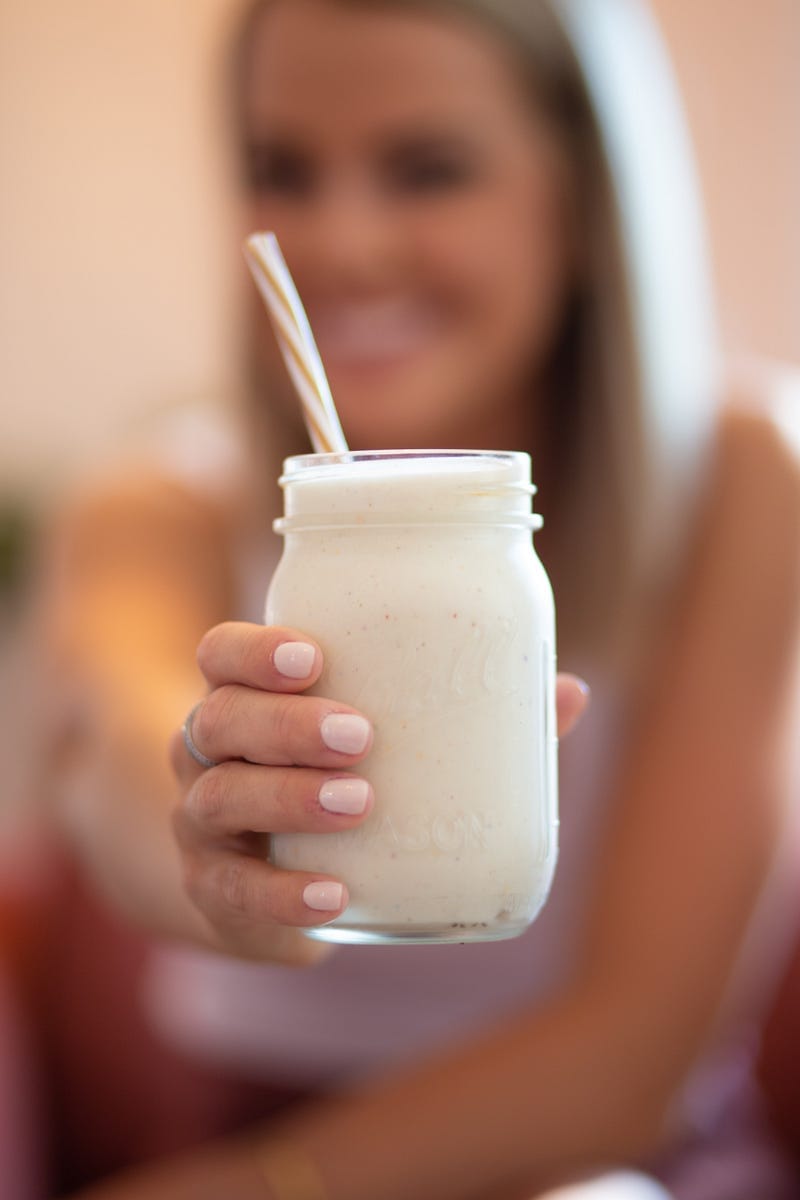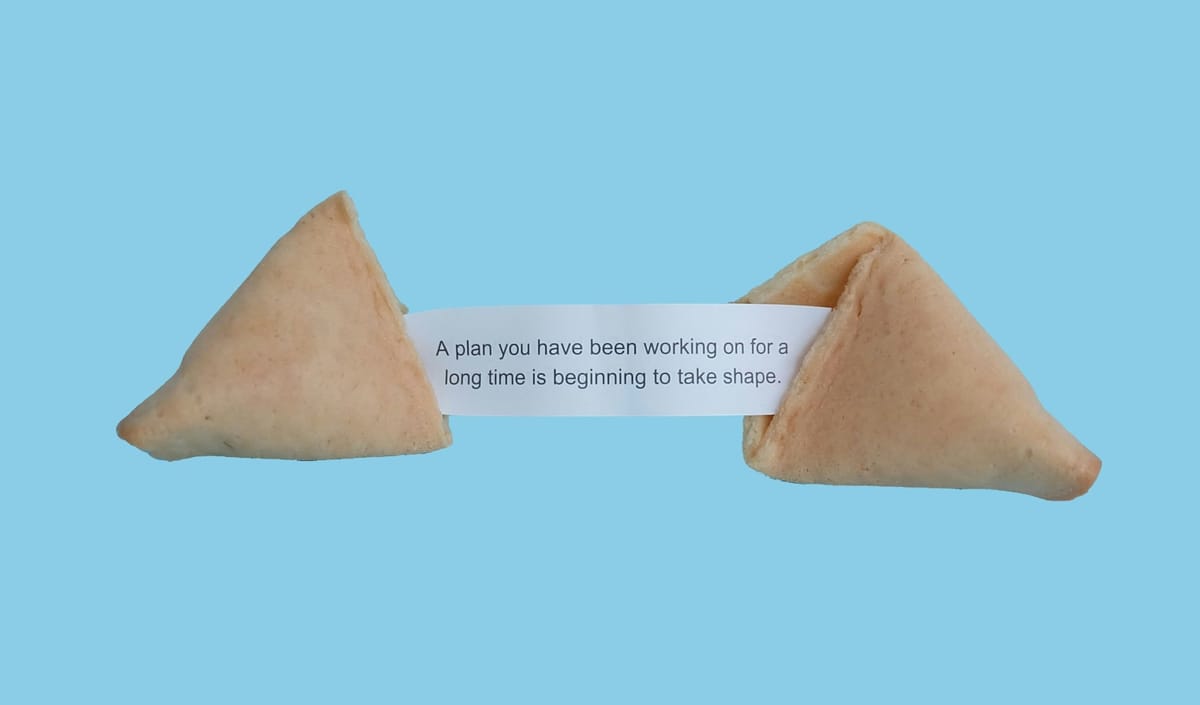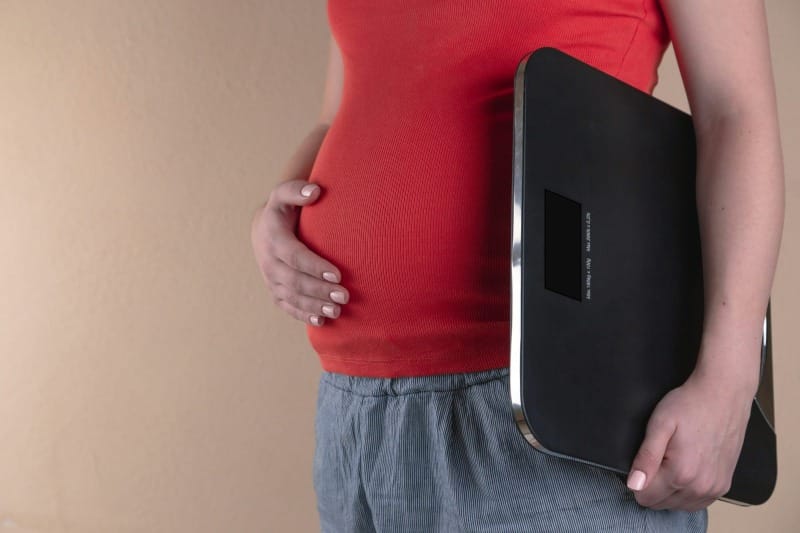Fasting versus Anorexia & Orthorexia

Diet & Weight Loss
Fasting versus Anorexia & Orthorexia
I was listening to my cousin, Vidura, a stand-up comedian, talking about his battle with anorexia in the 90s, and it brought to mind the unsupportive effects of culture and society on people who are overweight or obese.
“… I was on the stop eating diet…”
In my article “On the Edge of Obesity,” I reminisce how, at age 17, 165 lbs, 26-28" waist, I was asked by my family doctor, “Do you want to be obese?”
Messages from the outside world:
- Don’t do ____; it will make you fat.
- Here’s a forward, a pictogram, a cream, a magic pill. Eat garcinia cambogia, turmeric, and black pepper daily!
- Skip a meal now; gorge later.
- Androgynous models make clothing look like it’s still on the hanger.
- You are different — now add 20+ inches to the waist.
Over time, I came to control WHAT I ate. Like with drugs, I skirted anything that felt obsessive or addictive. The moment a diet felt dogmatic, I had to stop.
In my 40s, I have the experience and knowledge to run circles around most. I still have a lot to learn. For example, I’m still susceptible to cynics and armchair experts.
I know my truth. I have issues related to hormones, cortisol, and stress. I’ve spent decades experimenting with diets and it's taken a toll on my body. As a human with a job & family, I spent decades buried in overwork and stress.
Observation 1: None of the armchair experts were ever overweight and struggling like me.
Observation 2: What they think still matters to me.
What about the Real Experts?
- Doctors can diagnose and treat but they often don’t have the capacity or time to look at a problem holistically.
- Nutritionists can address meal plans. They don’t focus on stressors. They don’t focus on hormones. Most nutritionists will follow the doctrine of cutting soda, sugar, and processed foods. Your menu options are Mediterranean, vegetarian, or a low-carb diet. What’s next?
- Naturopaths are great theoretically, BUT -> while prescribing me all the vitamins and supplements I am left more stressed about how to pay for these as I walk around now paranoid about everything I eat or am exposed to.
On priests, psychotherapists, and coaches: One isn’t enough. Mental health is the root cause of all illness with genetics coming up a close second. I believe with the right coach, even genetic issues can be overcome. You have only to see people who are born with a disability and how they are still able to rock their livelihood. Address the underlying issues; do the work. It pays dividends.
I include priests on the list because when the cost is prohibitive, there are other routes to moving forward with mental health.
Check-in with your Fight or Flight Response
So, coming back to my cousin’s story. He suffered as an overweight or obese kid. Coming from the same family, I imagine the onslaught of unsolicited advice he would have received. Growing up in a food-centric culture, you feel the withholding. You are made to feel guilty any time you eat.
The message “you are the victim of eating the meal” is reinforced.
“He can eat that because he’s thin.” Therefore, “She can not eat that because she is fat.”
An example: I buy an orangesicle milkshake from Harveys. My parents, who are present at this particular meal, berate me that this is why I am fat.
Armchair Expert’s Opinion
In this example, my parents think, “Our overweight daughter is not in control of her situation. See how she is buying the wrong thing!”
My Intention/Opinion in my Weight Loss Journey
As someone who works hard to control her weight, that orangesicle milkshake is a guilty pleasure.
After two sips, I have a disgusted reaction to the sweetness and either offer it to others or throw it in the garbage. It’s a one-time treat. I am in full control of my decision-making. I do this for my pleasure.
I am exploring changing tastebuds and reinforcing that I don’t ‘need’ this guilty pleasure.
My reaction to the Armchair Expert
These words specifically trigger my childish brain to react.
“I’ll drink my shake if I want to,” is my fight response. I may take a few sips more than I wanted to out of spite.
Eating your guilty pleasures secretly, away from people and criticism, is the flight response.
In both cases, stress hormones increase, telling my body I’m at war, and I unconsciously pack away those calories in my power-pack belly for my next battle.
In anger, we do terrible things, and usually who gets hurt but ourselves?
How should I respond?
Probably to not react and laugh it off. Perhaps I could turn and offer the drink to them. Hindsight is great, but that’s not how I function.
Overweight people receive countless microaggressions and it is always personal.
Now imagine at every meal experiencing this because you’re overweight and have little control over what’s being served.
Repeat this cycle for pizza dinners, choosing a piece of dessert, eating your birthday cake, or eating a large breakfast.
Think of how much easier it would be to lose weight without the stress caused by armchair experts.
Orthorexia to Dieting
Orthorexia is common. We’re obsessed with eating the ‘right things,’ which differs depending on whom you are talking to.
Orthorexia is an obsession with healthy eating. However, attempting to attain optimum health through attention to diet may lead to malnourishment, loss of relationships, and poor quality of life. (NIH)
The well-intentioned words in the example above show how orthorexia becomes an obsessive condition. The mindset is fixed on absolutes. You are an armchair expert on food and nutrition, so you avoid carbs, meat, or eating wheat as if you have an allergy, as it will lead to your untimely death. Diet becomes dogma.
This is a disorder because of the obsession and stress it creates. I have suffered from this condition at different times for different foods while trying to follow a wheat-free, keto, and low-calorie diet.
I thank Gina Livy, whose program helped me shed my deep-set conditioning and taught me to enjoy food again.
“If you want to eat that chocolate, eat the chocolate. You’re an adult!” — Gina Livy
Anorexia to Fasting
Anorexia is an eating disorder characterized by an abnormally low body weight, an intense fear of gaining weight, and a distorted perception of weight.
Not being a clinician, I don’t know if there’s a term for pre-anorexia. Anorexia is hidden in plain sight through the many who go to extremes to cut calories or fast.
The difference is, that we’re overweight and starving ourselves BUT we’re unsuccessful at starving ourselves thin.
It's the same hatred of self-image. While exploring fasting, I started to think about anorexia and the differences therein. Early on my fasting journey, I would pull myself out of my fast if my mindset felt wrong.
The Path to Anorexia:
- Food is the enemy, and the feeling of euphoria of winning over food: “You can’t eat this cause you’re fat, and it will make you fatter” becomes “I was victorious over that food because I didn’t eat it.”
- Greed/desperation for weight loss — Weight loss and thinness are the ultimate goals.
Returning to the example above with the orangesicle shake: “This is why you’re getting fat.”
Extreme fight reaction that can lead to Anorexia: I don’t have to deal with this. If this food makes me fat, then I’m done with it! Now, no one can say that I’m eating the wrong thing. I’m not eating at all.
It’s a slippery slope. This is HOW the words we use with overweight or obese people trigger anorexia.
So, WHY do I fast?
- I fast as a way to reduce or maintain my current weight.
- I fast to reduce or stop having the weight-related ‘injuries’ and pains that keep me from spending time with my family.
- I fast to reduce my insulin sensitivity, lower cholesterol, and improve my sleep and eating habits.
- I fast to improve my mental clarity and focus.
- I fast to end the struggle I have had with obesity that I have had over the last 20 years. To end the cycle of diets, stress, and anxiety.
Does any one food or meal contribute specifically to my goals in WHY I fast?
NO. The act of fasting (see conditions), not eating for a pre-determined period, is what contributes to the items listed under my why.
Am I able to eat regular meals? Do I enjoy food? Am I free of stress around food?
Yes. Yes. YES.
Conclusion
Both Fasting and Anorexia are driven by mindset. One is healthy, and one is unhealthy. The root difference is in following the ‘why.’
Our society gives overweight people a hard time, with armchair experts ever ready to provide unsolicited judgment on their journey through weight loss. Ultimately, my goal in writing this article is to look at this interaction and improve our conversations around food.
I’m also interested in how the conversation can be changed to give agency to the overweight person who’s trying to enjoy life.
- Check your microaggressions for what they are, and stop.
- Acknowledge healthy choices don’t have to happen at every meal.
- Understand, sympathize, and empathize. The struggle is real.
- Think about how to have a conversation, not an argument.
Hint: Shift your judgment to curiosity.
Check out Vidura, you will laugh.
Read more:











Member discussion